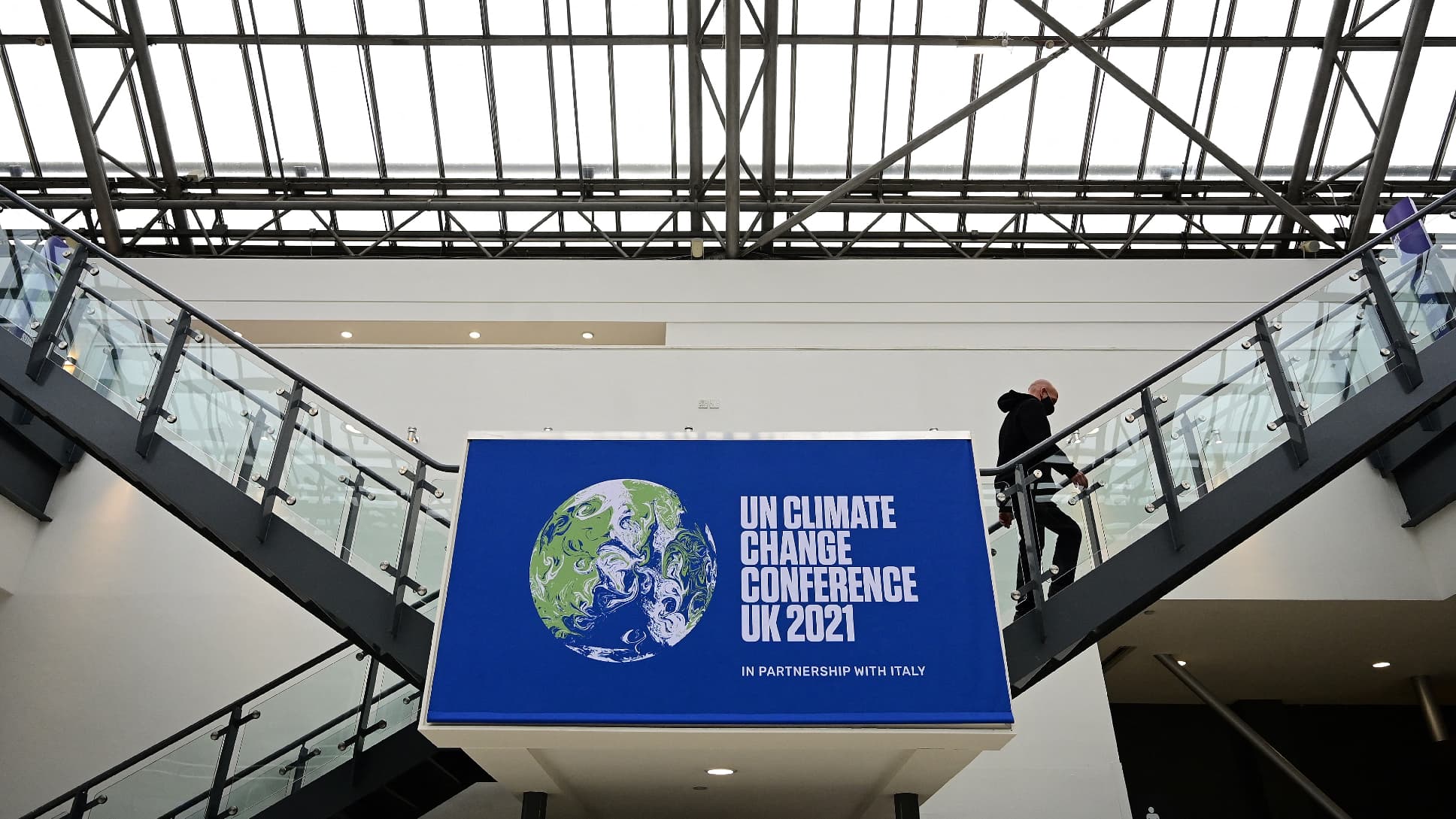COP26 notes several commitments to fossil fuels, a major cause of climate change. Major countries have been striking in their absence, despite a study warning that CO2 emissions are close to returning to their pre-Covid record levels.
Commitment, but nothing. COP26 on Thursday made promises about fossil fuels, a major cause of climate change, but many have missed out. At the same time, a study warns that CO2 emissions are close to returning to their pre-Covid record levels.
Some twenty countries, including major investors such as the United States and Canada, and financial institutions have pledged to end offshore fossil fuel projects without carbon capture techniques by the end of 2022.
Over $15 billion for clean energy
“Investment in such fossil fuel projects poses increased social and economic risks,” the signatories wrote in a statement.
The G20 countries agreed last week to stop supporting coal-fired power projects overseas. But this new plan covers gas and oil for the first time and contains a promise to divert this money to renewable energy.
Meeting these commitments will benefit more than $15 billion of clean energy, experts say.
Australia, China, India, United States, among those absent
In another initiative, promoted by the UK government, more than forty countries committed to a “declaration of transition from coal to clean energy”. These include countries in the “top 10” that use coal for electricity production, South Korea, Indonesia and Poland. However, the latter has made a commitment to phase out coal.
Above all, the major players in this sector – Australia, China, India, the United States, Japan or Russia – are not among the signatories.
Organizers cite as an example the agreement previously announced at the COP in which Germany, the United States, France, the United Kingdom and the European Union pledged a “fair energy transition”, worth $8.5 billion, to help South Africa break away from its energy dependence on coal. However, the country did not sign an agreement on this fuel.
“Green Washing Fee”
Hosts England showed their enthusiasm, as did Alok Sharma, president of COP26, for whom “we are getting to the point where we bring coal back into the history books”.
The optimism is far from shared by young climate inspiration Greta Thunberg, who blasted on Twitter these restrictions on access to the COP – of an unprecedented scale according to her – that were also expressed by NGOs. “This is no longer a climate conference. This is the green washing festival of rich countries. A ‘business as usual’ celebration and blah,” he said.
Emphasizing the urgency of the situation, a scientific study released on the occasion of the COP recalls the cold reality of the numbers: despite the air gap of the Covid-19 pandemic, for which CO2 emissions have decreased significantly in 2020, the movement is already increasing .
“A reality test of what is happening in the world as we discuss in Glasgow how to fight climate change,” notes climatologist Corinne Le Quéré, one of the study’s authors.
According to the Global Carbon Project, these emissions will recover to less than 1% below their 2019 record levels by 2021, leaving less and less time to reach the +1.5°C target. And the largest source of production of CO2, the most important greenhouse gas, is the burning of fossil fuels.
–


